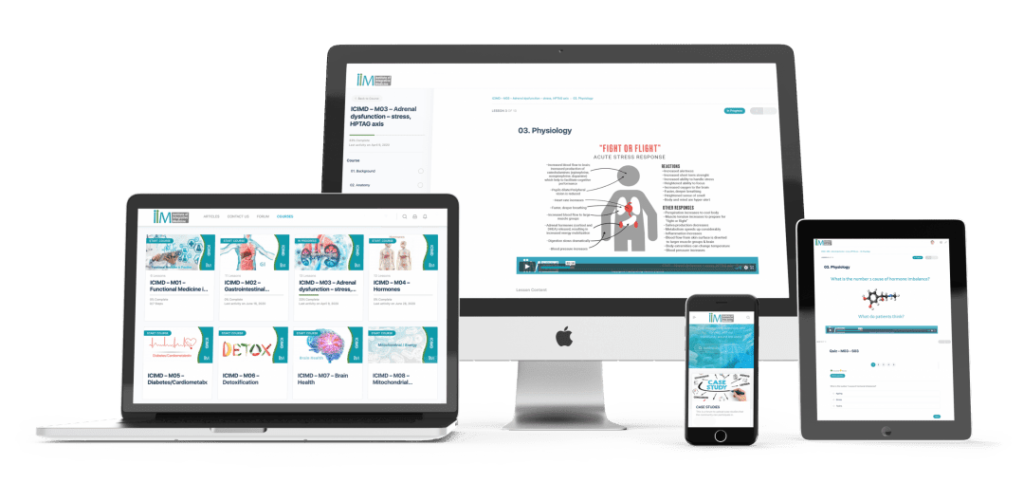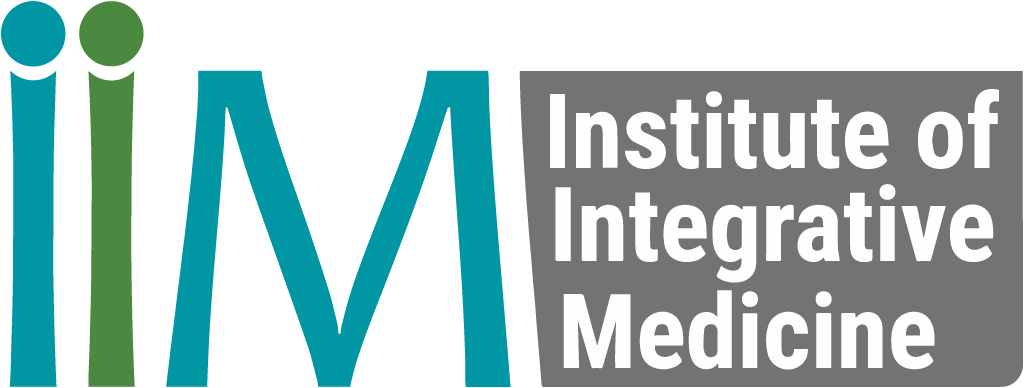Why Integrative Medicine Deserves a Place in Your Practice
The current healthcare system struggles with chronic conditions. Integrative medicine offers a solution. It combines conventional treatments with evidence-based complementary therapies, empowering patients in their wellness journey. By understanding the whole person, not just the disease, integrative medicine unlocks the body’s natural healing power, potentially improving patient outcomes. Join the movement towards a more integrative future of healthcare.
A Global Challenge: The Burden of Chronic Disease

The global prevalence of non-communicable diseases (NCDs) has reached a critical juncture. The World Health Organization (WHO) and governments worldwide acknowledge the need for a paradigm shift in healthcare delivery. Conventional health systems are struggling to control the rising burden of NCDs. In addition to this, many elderly patients are experiencing side effects of chronic pharmaceutical medication. Integrative medicine offers a compelling solution, emphasising the importance of the patient-practitioner relationship while providing an evidence-based approach to treatment. This approach encompasses a diverse range of techniques, including lifestyle modifications, dietary adjustments, mind-body practices like yoga and meditation, and therapies rooted in Ayurvedic and Traditional Chinese Medicine. The WHO actively supports research and implementation of these techniques, recognising their potential to improve patient outcomes.
WHO statement on Integrative Medicine
At the historic World Health Organization’s first-ever Traditional Medicine Global Summit in August 2023, various partners pledged to harness the power of evidence-based traditional, complementary, and integrative medicine (TCIM) to support the goals of achieving better health and well-being for all by 2030, aligning with the Sustainable Development Goals. In the words of Dr Hans Kluge, the World Health Organization Regional Director for Europe, “Together, we have gently shaken up the status quo that has, for far too long, separated different approaches to medicine and health. By taking aim at silos, we are saying we will collaborate all the more to find optimal ways to bring traditional, complementary and integrative medicine well under the umbrella of primary health care and universal health coverage.”
The meeting report indicates an agreement to, “Incorporate evidence-based TCIM components into health workforce education related to well-being and health promotion, disease prevention, food and nutrition, lifestyle and behaviour for better health outcomes, including in addressing the burden of noncommunicable diseases and mental health. Recognise the diversity of professions and practices in TCIM and consider expanding the term TCIM to traditional, complementary and integrative health (TCIH) to include broader health, well-being and lifestyle services and practices”.
Integrative Medicine: A Comprehensive Approach to Healthcare
Integrative medicine emphasizes a holistic approach, prioritising the patient as a whole by considering not only physical health but also mental, emotional, and spiritual well-being. This philosophy aligns with growing scientific evidence highlighting the interconnectedness of our physiological systems. Integrative medicine practitioners may leverage a systems biology approach or focus on identifying root causes to address the underlying mechanisms of disease. This approach, often referred to as root cause medicine, goes beyond symptom management, aiming for long-term health through addressing the core contributors to illness.

It’s important to understand that integrative medicine doesn’t aim to replace conventional medicine. It acts as a complement, offering a more comprehensive approach to patient care. By thoroughly investigating the disease, integrative medicine allows for the creation of individualised treatment plans tailored to each patient’s unique needs. Non-invasive techniques are prioritised whenever possible, but conventional medicine is readily integrated when necessary.
Integrative Medicine for Chronic Disease Management
Conventional medicine has undeniably revolutionised healthcare, particularly in handling acute conditions and injuries. The development of new drugs and medications has significantly improved overall lifespan and quality of life for most people. However, for many patients living with chronic diseases, conventional medicine alone may not provide optimal management.
The rise of chronic disease is intricately linked to an ageing population and unhealthy lifestyle choices such as fast food consumption, physical inactivity, smoking, and excessive alcohol intake. While our bodies possess remarkable resilience, over time, these choices can overwhelm their ability to compensate. This eventually manifests as chronic conditions like diabetes, cardiovascular disease, and cancer.
Prevention Through Integration: The Power of Lifestyle Medicine

Integrative medicine promotes a collaborative approach, utilising CAM therapies alongside conventional medicine to provide patients with comprehensive treatment plans. By incorporating lifestyle changes and dietary modifications, integrative medicine has the potential to reduce the incidence of chronic diseases. Additionally, a thorough understanding of potential interactions between CAM and conventional therapies helps ensure patient safety.
The Integration of TCIM into Modern Medicine: A Growing Movement
Several factors are driving the integration of integrative therapies into conventional medical practice:
- The alarming rise in chronic disease rates and the limitations of conventional medicine in managing them effectively.
- The prevalence of side effects associated with conventional medications
- The increasing number of patients who utilise CAM therapies without informing their primary care physicians.
- New guidelines from health organisations recognising the potential benefits of TCIM in health management and prevention.
- Practitioner recognition of the value integrative medicine holds for their patients and practice
- Standardised training available for medical professionals in Integrative Medicine – Take a look at the IHP Program for Integrative Medicine training.
The Future of Healthcare is Integrative
The landscape of healthcare is demonstrably shifting. With the escalating burden of chronic diseases and the limitations of conventional medicine in addressing them holistically, a more integrative approach becomes paramount. Integrative medicine bridges this gap by offering a comprehensive framework for patient care. By incorporating evidence-based CAM therapies alongside conventional treatments, you empower patients to take an active role in their health and well-being. Training in integrative medicine equips you with the knowledge and skills necessary to navigate this evolving healthcare landscape. Imagine tailoring treatment plans that address not just the disease, but the root cause – the patient’s unique physical, mental, and emotional needs. Integrative medicine empowers you to harness the body’s inherent healing potential, potentially reducing medication reliance and improving patient outcomes across the board.
How do I Become a Functional Medicine Practitioner to learn more about Integrative Medicine Treatment?

The Institute of Integrative Medicine is a global leader in the field of Integrative Medicine Education. Integrative medicine aims to be at the forefront of modern technology and new discoveries and focuses on the root cause of disease. Integrative medicine complements conventional medicine by providing a comprehensive approach to chronic disease prevention and management, alongside proven acute care interventions. Equipping yourself with integrative medicine knowledge is essential for creating a holistic approach to patient care. By seamlessly blending conventional medicine with evidence-based complementary and alternative modalities (CAM), you can optimise treatment plans and empower patients to manage chronic conditions more effectively. This approach holds significant promise in mitigating the global burden of chronic disease. We offer certified online courses helping you to take charge of your practice and improve the quality of life for your patients. Find out more about the courses we offer today!
